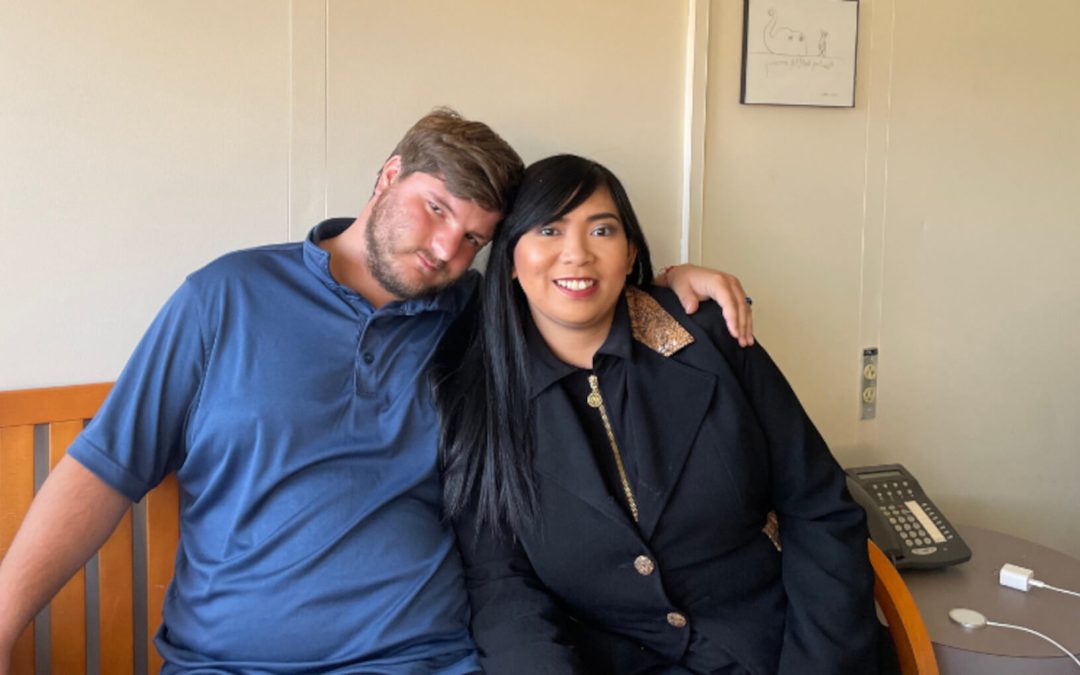Magnus tells us about his introduction to cannabis and his experience of its effects. Dr. Gwynette offers perspective on the topic from the medical/research side. We also learn about Magnus discovering he is autistic as an adult.

Episode 51: The Wiggles — A Fan’s Tribute
What’s that about fruit salad? Why is Jeff asleep?


0 Comments